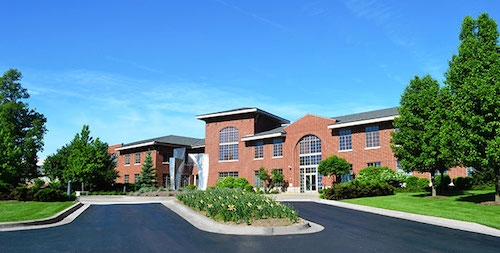NSF International, based in Ann Arbor, launched the first DNA Authenticated mark to verify the identity and purity of raw ingredients in dietary supplements. A testing protocol and verification program for raw botanical ingredients used in the dietary supplement industry was also launched.
In addition to DNA authentication, the testing program screens for contamination, including common adulterants, toxic adulterants, allergens, and fillers. Every lot or batch that bears the DNA Authenticated mark required next-generation sequencing DNA testing. Suppliers can provide DNA Authenticated certificates and use the mark on shipments of verified ingredients.
“With complex global supply chains and fraudulent ingredients popping up in unexpected places, DNA authentication of raw ingredients is a prudent step for supplement manufacturers who are concerned about the quality and purity of products,” says Jesse Miller, director of applied research at NSF International. “With the new DNA Authenticated mark, manufacturers, suppliers and, ultimately, consumers, can be absolutely sure the ingredients they choose have been accurately identified.”
NSF International maintains a database of validated DNA reference sequences for all relevant botanical ingredient and adulterant species of plants, fungi, and probiotic bacteria. Many of the sequences come from herbarium specimens through partnerships with institutions such as Harvard University and the University of California, Berkeley.
The company also tests and certifies dietary supplement products and ingredients to the American National Standard for dietary supplements. More than 1,000 products and ingredients have this certification. NSF’s Certified for Sport certification tests lot-by-lot for more than 270 athletic banned substances.
Founded in 1944, NSF International is an independent, global organization that tests, certifies, and writes standards for products in the food, water, dietary supplements, and consumer goods industries in an attempt to minimize adverse health effects and protect the environment. It operates in more that 170 countries and is a Pan American Health Organization/World Health Organization Collaborating Center on Food Safety, Water Quality and Indoor Environment.






